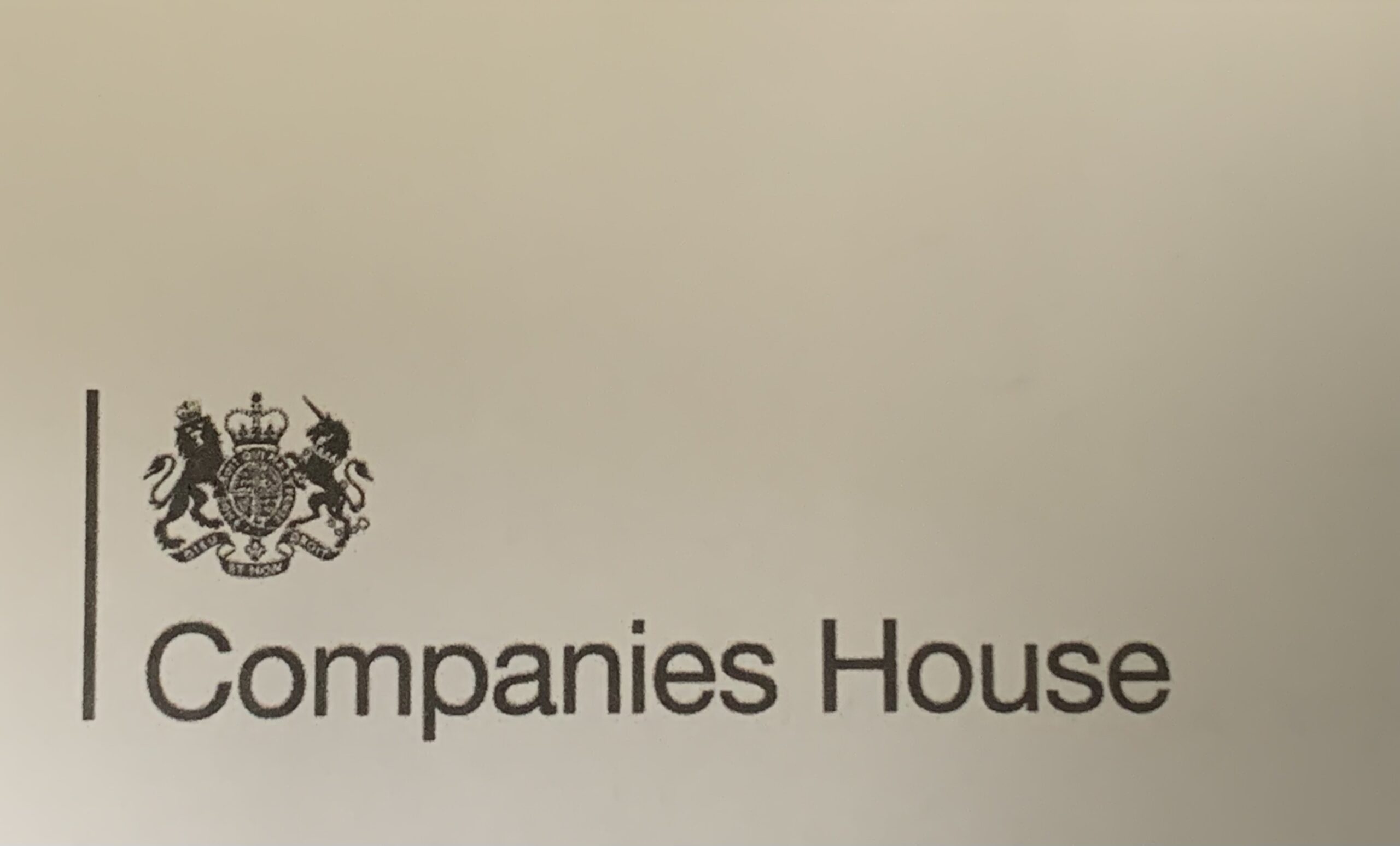Why have I set up a Limited Company to buy property in the UK?
I decided to set up a Limited Company to buy property investments. I had two rental properties in my own name and when I worked out my profits after tax, I was horrified to see that I just about broke even.
Both properties were on a Repayment model so at least capital was being paid off and I was better off each month, with increased equity.
From a monthly cashflow point of view I was cash flowing positive, but when I did my annual self-assessment, the tax I had to pay back swallowed up all these profits. This was because of section 24 legislation.
The background – Section 24
Without getting political, Section 24 was unwelcome news for private landlords. Aside from that it would also be unwelcome news for tenants, as either rents would go up or there would be fewer rental properties to find as landlords would be forced to sell up. This has proved to be the case.
This piece of legislation meant that you couldn’t count the interest payment as an allowable expense for tax purposes, albeit it was phased in over 5 years and you do get a 20% allowance.
How I set up a limited company
So, my mind was made up. I sold one of the properties, took a small hit on the capital gains tax and used the profits to buy two more properties but this time within a Limited Company.
The first job was to set up the Limited Company. This was extremely easy to do. I just checked on Companies House to see if the name was available and then went online to an inexpensive provider to set up the Memorandum and Articles of Association and other documents. The whole thing cost about £25 and I could download the documents on the same day.
Next, I found a local accountant who had knowledge and expertise in property investing. Mine also has his own property investments. In hindsight I should have discussed this first with the accountant, but I felt I had enough knowledge.
The hardest part was getting the Bank Account set up. I opted for Starling Bank as the fees are low, it offers an online service and the reviews were excellent. I had to go through a few hoops to finally get approved, so the entire process took a couple of weeks. But then I was good to go.
The Benefits of Setting Up a Limited Company for Property Investments
The obvious benefits are from a tax perspective. As a higher rate taxpayer any profits I would have, would be taxed at 40% in my own name. Also remember I can’t offset interest payments.
Under a Ltd company the tax is much more generous. You pay corporation tax of 19%, which will go up to 26.5% in 23/24 for profits of £50,000 – £250,000 and 25% above £250k. Profits below £50k will stay at 19%. For me, I’m not likely to reach £50k profits per year for a for a few years, unless I choose to sell a property. As you don’t pay Capital Gains Tax in a LTD Co. (Unless you sell the company), you treat any property sale as income and so this would be 19%, 26.5%, 25% or a combination of, depending on the amount of profit. This is still much better than the 28% in CGT.
From a legal standpoint having a LTD company also has its advantages as the company is a separate entity, from the individual.
The Inheritance Tax situation is also a big plus for me. I know that when the time comes my beneficiaries will not be met with a hefty Inheritance Tax bill, as I am setting up a Trust which my beneficiaries will be Trustees of. The Ltd Co will go straight into this trust on my passing.
The Disadvantages
I researched whether to set up the Ltd company and made sure I took account of the disadvantages. These included but were not limited to:
- Additional Admin
- Extra accountancy costs
- Extra legal fees. You will have to appoint a Conveyancer to represent the mortgage lender. This can be the same as the one you choose to represent yourself. You will also have to pay for legal advice (about £250) because you will have to be a guarantor to the Ltd co.
- Mortgage fees and rates are higher.
Should you form a limited company or not?
You should certainly consult an accountant to see what difference the fees for each would be. Also do your homework around what the additional legal costs and mortgage fees would be. Get quotes from your conveyancer and mortgage advisors.
Consider what tax bracket you are in. If you are in a higher bracket, I would suggest that a ltd company could be right. However, do you plan to retire or cut your hours? In which case this could move you into a lower tax bracket and so buying property in your own name would make sense. Remember, though, to not let the tax tail wag the dog.
How many properties do you plan to buy? If it is one or two, then buying in your own name would make sense. The more you buy, the more it would make sense to incorporate.
What is your exit strategy? Do you plan to sell on the properties or pass them on?
If the finances still stack up and your property would still be cashflow positive, then buying your properties in a limited company might make sense.

